



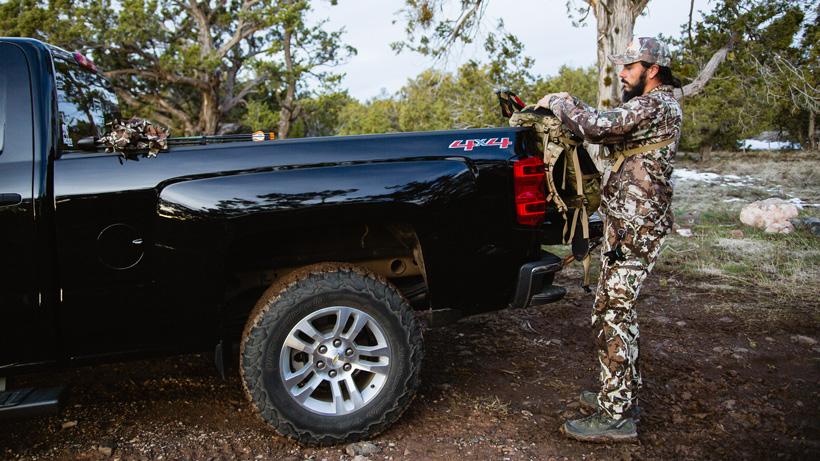
All photo credits: Josh Kirchner
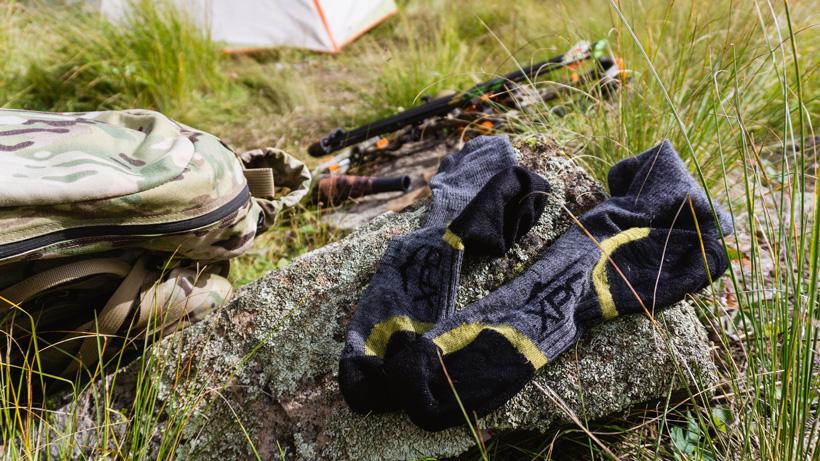
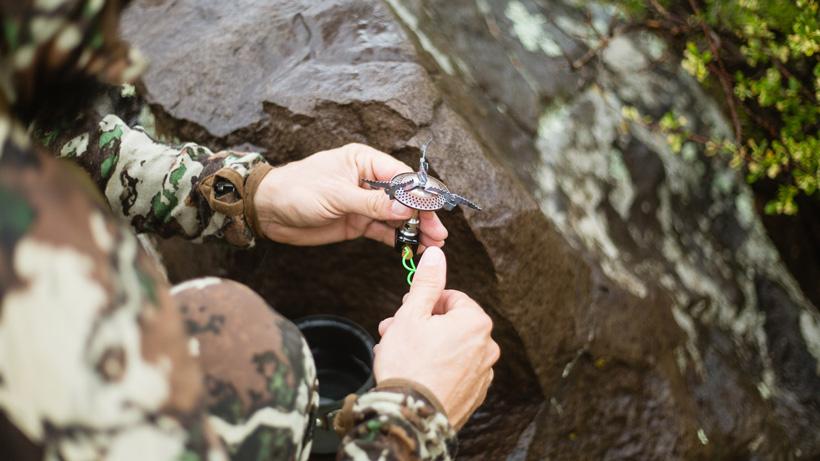

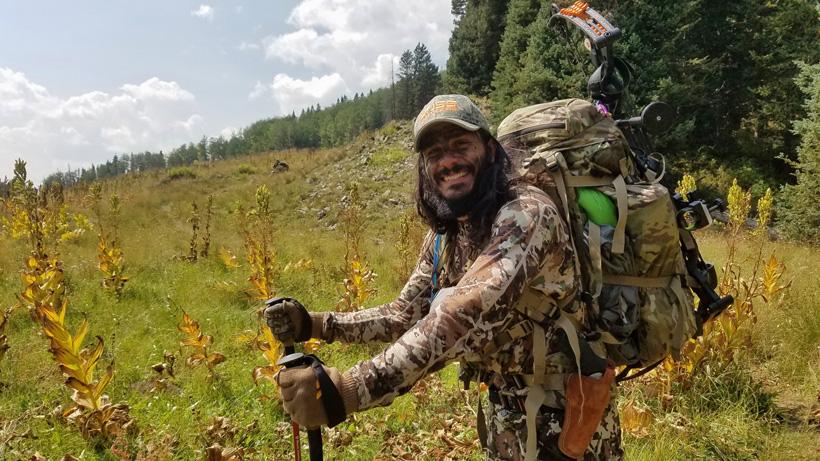
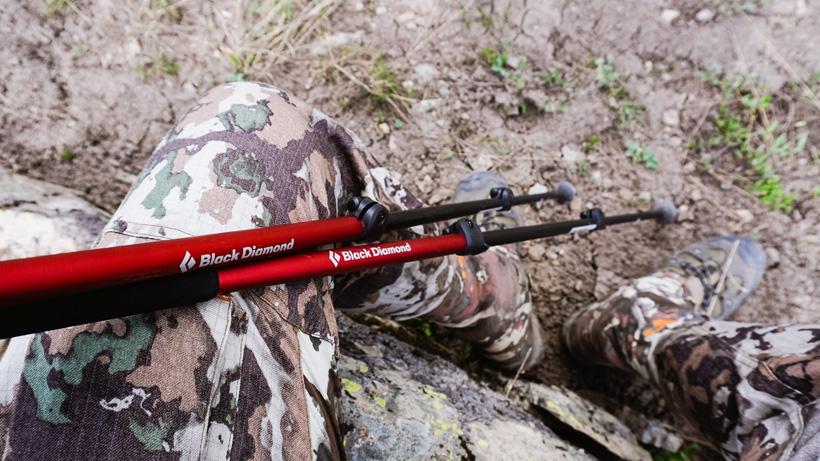
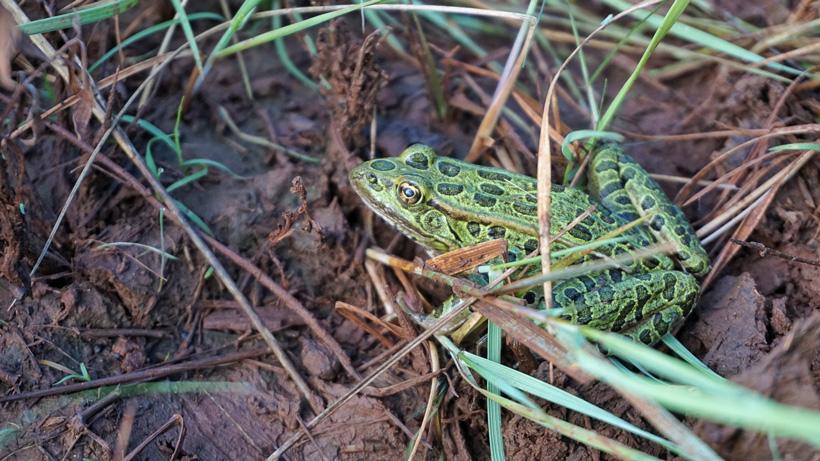
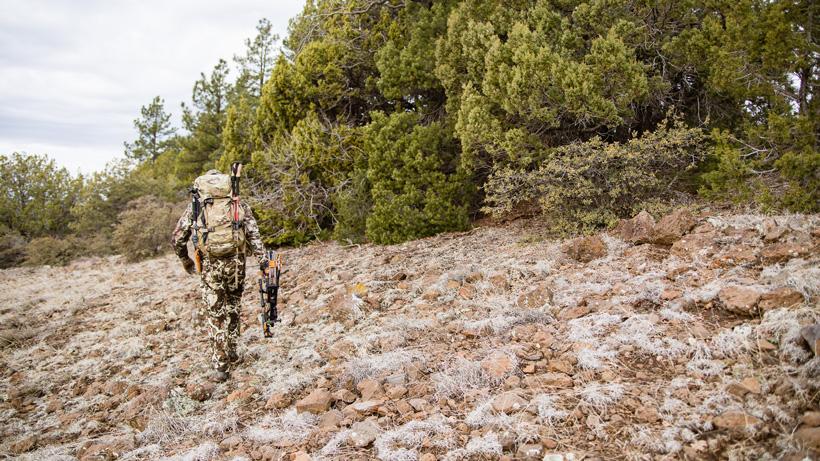

We've all heard the saying, "You live and you learn." Hunters know this saying intimately, if you ask me. Every time I am out in the field with a tag in my pocket and bow or rifle in hand, I am living and learning. The lessons vary in potency, but they are always there, dancing in front of me. Whether we see them or not is another story. I guess that is why we aren't all professional hunters. If we learned everything in one trip, there would be nothing left to gain in knowledge. We all know that's not how this stuff works though. Like a mature buck that has put his time in and learned the ways of survival, we need to put our time in, too. From beginner to pro, there are lessons to be learned in whatever you are doing. These are some of the lessons I personally have learned from my backpack hunting endeavors over the last few years.
This is probably common knowledge for you seasoned backcountry veterans, but for me, it came last year on an archery elk hunt in Colorado. This was going to be my longest backpack hunt to date, spanning the length of eight days. Before this, I had completed many multi-day trips, but nothing beyond three to four days. On this hunt, I would be hiking more than I had ever done for any hunt. Everyday, we covered between 10 to 12 miles in search of rutting bulls. This amount of hiking made me quickly realize how important it was to let your feet air out. Blisters are formed by a combination of moisture and friction. Luckily, I was wearing a merino wool sock, which helped with the friction and moisture management, but that alone is not enough. If your feet are wet all of the time, you are increasing the risk of getting blisters. While I caught this early on, and was lucky enough to prevent blisters, I couldn't help but shudder at the thought of having to deal with these nasty buggers during the length of this hunt. Your feet are your wheels in the backcountry. Taking care of them is of utmost importance.
This isn't something that I've learned in the backcountry. Rather, this is something that I've been avoiding trying to learn in the backcountry. Every time that I get a new piece of gear, I not only test it at home, but I bring it out in the field for scouting trips. I note things mentally about what I liked and didn't like. This helps me get to know the specific piece of gear and what situations it shines in. Gear testing before your big outings is incredibly important, especially when you are introducing new items into your pack. Not only do you want to know that it works, but you also want to make sure that you know how to work or assemble whatever it is when you’re in the field and need to use it. This is going to make you more efficient in the field and give you more time hunting and less time stumbling around, trying to figure out how to put up your new tent, for example. Don't be the guy that doesn't know how to disassemble and reassemble their pack properly in and out of load shelf mode to haul meat once your animal is down.
Yes, yes, yes. The fitness/hunting movement is alive and well, clogging your social media feeds about people getting ready for archery season in the gym. Even a guy like me that stays in shape year-round for hunting gets slightly put off by this. Let me ask you a question, though: When is the last time that you packed out an animal or made a rugged and long hike to the top of a mountain and wished that you were in worse shape than you were in? Yeah, I didn't think so. No, you don't have to be the next Dwayne Johnson or Lance Armstrong in order to be a successful hunter. That is just nonsense. Being in peak physical condition, though, is only going to help you have a more enjoyable experience—not to mention give you the ability to go farther and hunt harder.
This hit me hard about four years ago when I caught myself stopping every 20 yards to catch my breath. I wasn't even packing an animal out. This was just me hiking back to my truck. At the end of that trip, I said, "Good riddance." This led to me also pay more attention to the foods I was eating. I tell people that I am not old, but I am also not that young at age 31 (older folks, please hold the laughter). Anything that I can do to ensure that I am able to hunt long into old age, I am going to do. Aside from bettering yourself inside and out, I think being in better shape can also help at the moment of truth. If you are at full draw and can't hold steady and focus due to you being out of breath, well...That's something I would rather try to avoid.
I feel like trekking poles are finally starting to become accepted into the hardcore hunting world. I know that I used to abstain from using them because I was "tough" and didn't need them. Do you remember when you were younger and knew everything? Yet, in fact, I was just plain stubborn and dumb. Trekking poles were a game changer for me in the field, especially when packing weight—whether it’s meat or gear. Trekking poles have been proven to reduce the impact on your knees, ankles, and feet by up to 25%. That might not sound like a ton to some of you, but let me tell you, you can definitely feel the difference.
Another benefit of these fancy walking sticks is an added safety element. I can't tell you how many times these poles have saved me from slipping and falling. When you are five or more miles into the backcountry, anyway that you can prevent injury is a good thing in my book. None of us want to get hurt out there and have our hunts ruined. So, let your friends make fun of you and your trekking poles—you are going to be the one burning up the mountain and leaving them in the dust.
Life can be stressful at times. We are consumed with the pressure of paying bills, going to work, and dealing with the daily grind of civilian life. When we step foot into the mountains, we should try to let that stuff go. All of us need to decompress and take a breath. The mountains are not a place for stress; they are a place for adventure and tranquility. Try not to get too caught up in the tougher aspects of a backcountry hunt. Not seeing animals shouldn't stress you out; it should motivate you. Watching your arrow sail over the back of an animal is not a failure; it was an opportunity. I have fallen victim to these petty things from time to time. Take in what is in front of you and the country that you are calling home for the time being. Listen to the rush of the wind and watch how the trees dance to its song. Inhale the musky smell of elk lingering in a meadow. I have always loved falling asleep to the sound of a creek on its intertwining marathon through the hills. Take time to enjoy the little things because it will make the bigger things that much better. Just by being out there and experiencing what the backcountry has to offer, you've already won.
Like I said at the start of this article, there are lessons to be learned in whatever you are doing—whether you are a beginner or a pro. These are only some of the things that I have taken away from my adventures the last few years and I hope that at least some of you can benefit from them. Something that my father has always told me throughout my youth and into adulthood is, "Don't ever think you've got it all sewn up." Learn from your mistakes, learn from others around you and learn from your overall experience. That, my friends, is the essence of progression.